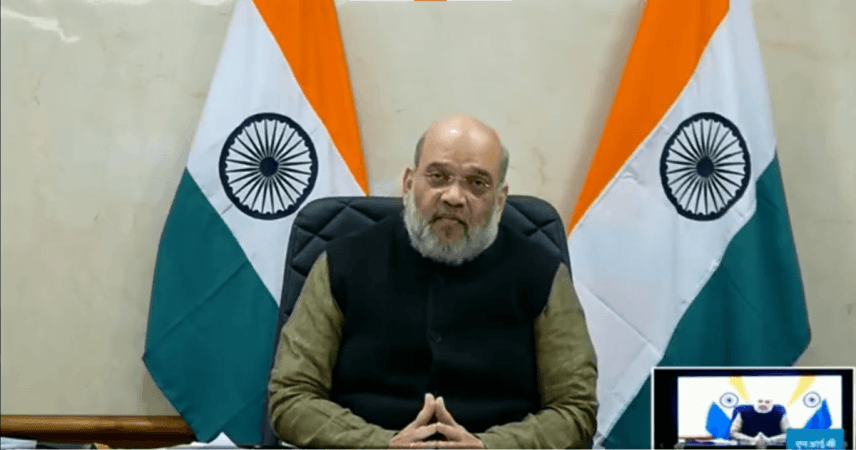
Home Minister Amit Shah announced a change to the penal law that will protect physicians from prosecution in situations where their care was negligent. This action is a major step in defending the rights of both victims and accused parties, and it was spurred by an appeal from the Indian Medical Association.

In an effort to balance the rights of medical professionals with the interests of victims, the decision to provide doctors immunity in cases of medical negligence represents a turning point in legal history.
Shah emphasized the function of the Bharatiya Nagararik Suraksha Sanhita in digitizing criminal justice processes and emphasized the government's commitment to modernity. Along with the Bharatiya Sakshya Bill, this legislation adds provisions for accepting electronic evidence.
In a major legislative move, the Lok Sabha passed three transformative criminal law bills. These bills seek to repeal and supplant the existing Indian Penal Code, Code of Criminal Procedure, and Indian Evidence Act. The Bharatiya Nyaya (Second) Sanhita, Bharatiy Nagarik Suraksha (Second) Sanhita, and Bharatiya Sakshya Bill collectively signify a monumental overhaul in India's criminal legal framework. This legislative milestone signals a progressive leap towards a more just and streamlined legal system.
This is a developing story...













